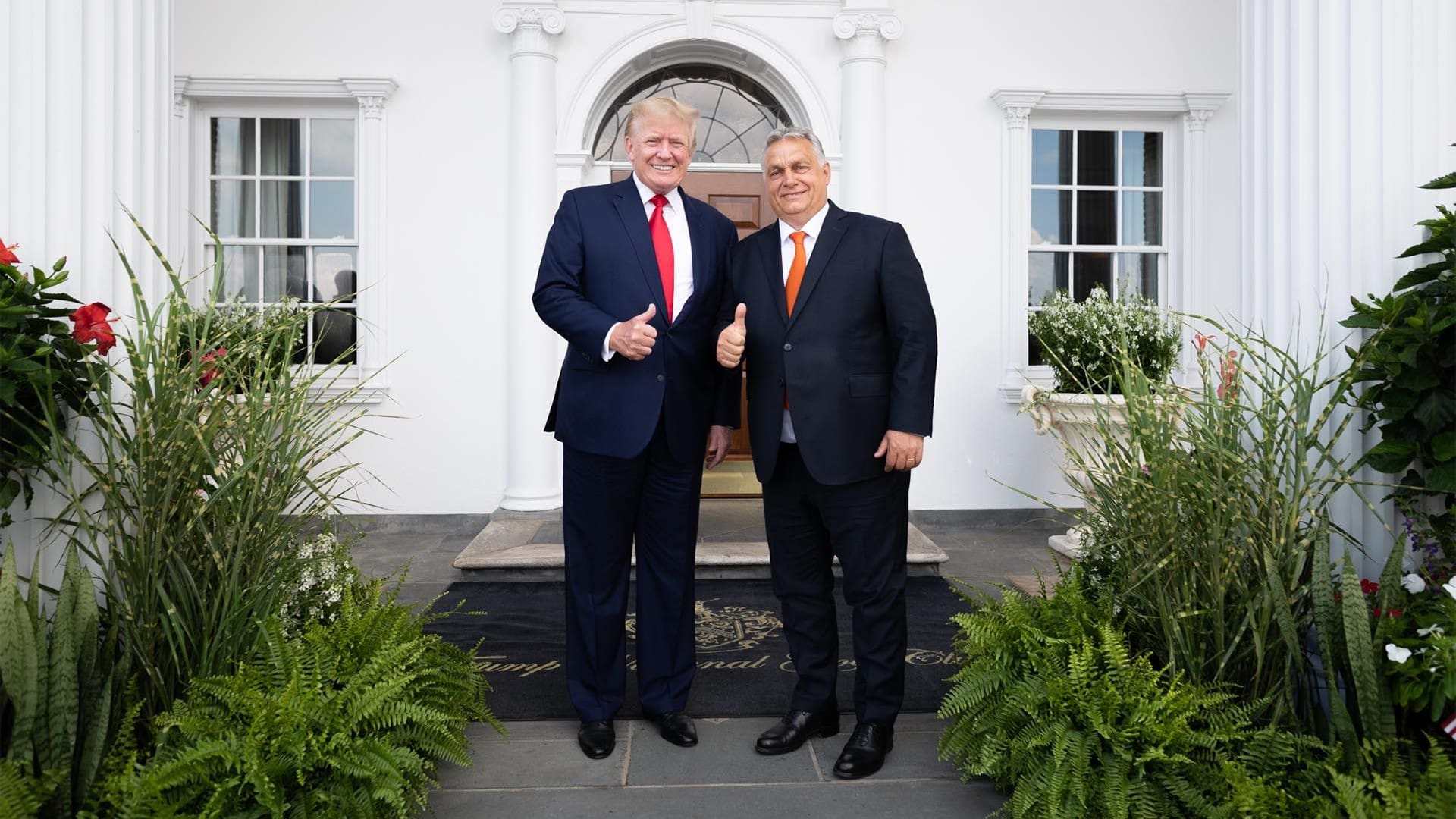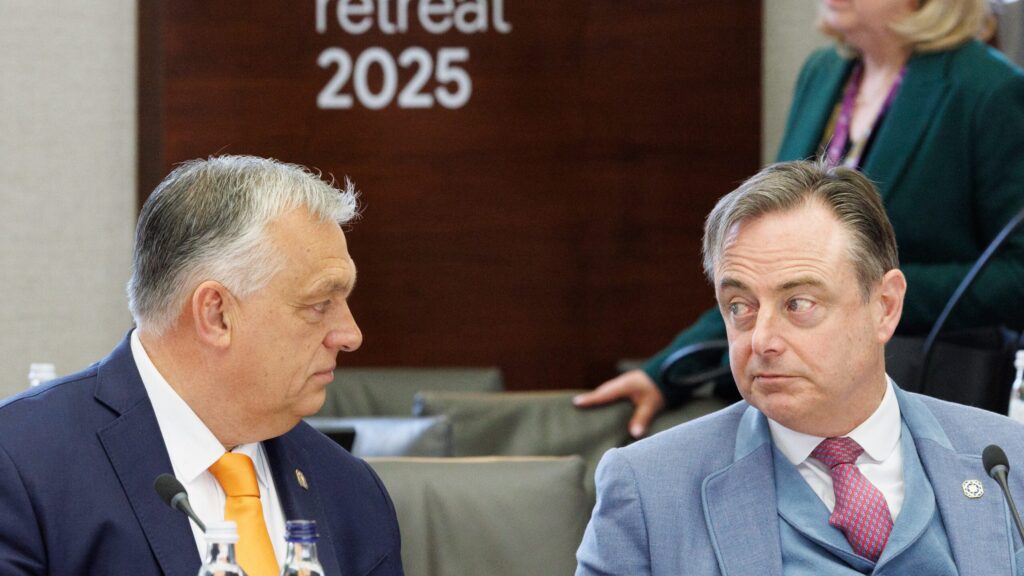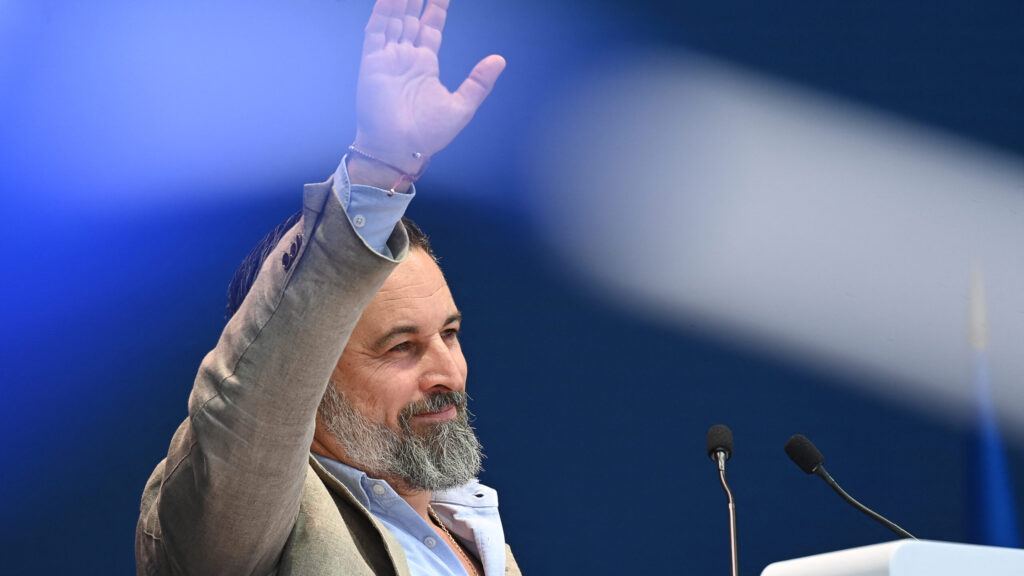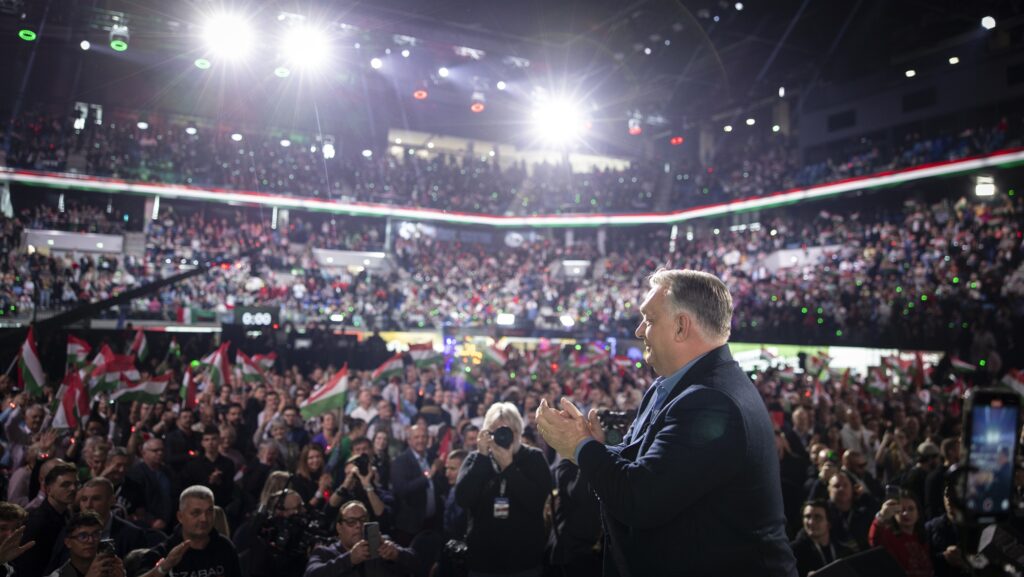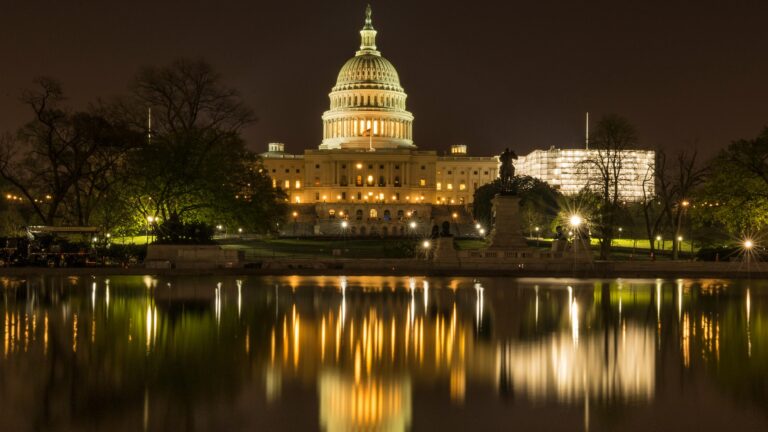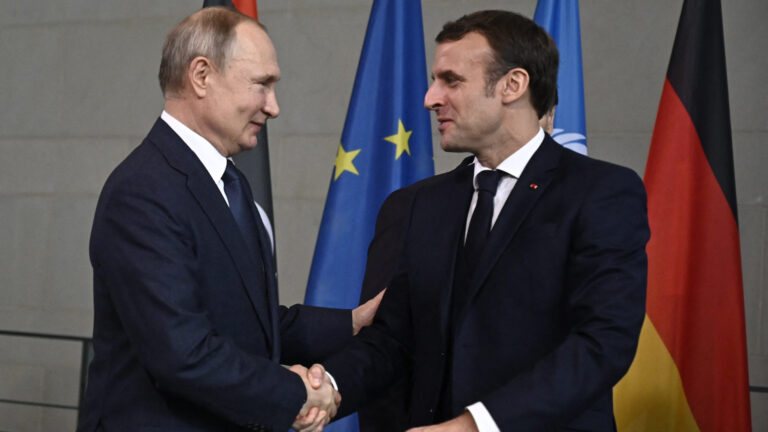Long before 2024 began, it was evident that the year would be pivotal in the ongoing confrontation between globalist progressive forces and sovereignist patriots advocating for national interests. The past year was a true electoral super year: in addition to numerous European national elections, voters decided the composition of the European Parliament in June, while the United States held presidential elections in November. Now, as we reflect, one conclusion is clear: 2024 was the year of the patriots, with the international right gaining influence and power on a scale not seen in years.
After a setback in the Polish elections in October 2023—when the long-ruling Law and Justice (PiS) party was defeated by Donald Tusk’s progressive alliance—Geert Wilders and the Dutch Party for Freedom (PVV) reignited confidence among right-wing forces. Wilders and his party emerged victorious in the November 2023 elections, though he was unable to form a government independently, and his controversial image prevented him from becoming prime minister.
Nevertheless, PVV’s victory marked a turning point, setting the stage for further patriotic successes in 2024. Leading up to the European Parliament elections in June, polling consistently suggested that the long-anticipated right-wing resurgence in Europe was within reach.
As expected, sovereigntist forces achieved a resounding victory in the European elections. Although it was not the sweeping right-wing turnaround many had anticipated, the results clearly indicated a rightward shift in the balance of power.
Right-wing parties made significant gains in the three largest economies of the European Union. They secured victories in France and Italy, while in Germany, the Alternative for Germany (AfD) achieved a confident second place despite controversies surrounding the party.
In Hungary, Fidesz decisively won the elections, even in the face of a newly emerging opposition force. Similarly, Austria saw the right-wing Freedom Party (FPÖ) come out on top, while in Poland, the Law and Justice (PiS) party finished neck-and-neck with Donald Tusk’s alliance. In Belgium, the right-wing Vlaams Belang triumphed in the European Parliament elections, prompting Prime Minister Alexander De Croo to resign.
The Birth of Patriots
‘Europe’s political landscape has shifted to the right and towards peace,’ Hungarian Prime Minister Viktor Orbán remarked when evaluating the election results. However, at the time, many of the right-wing forces securing strong mandates lacked a cohesive political family to unite under.
After weeks of negotiations and the dissolution of the right-wing Identity and Democracy (ID) group, Orbán, President of FPÖ Herbert Kickl, and former Czech Prime Minister and ANO Party President Andrej Babiš announced the establishment of the Patriots for Europe (PfE) political group at the end of June.
‘The new political family aims to reshape the landscape of European governance and address the pressing issues faced by the continent,’ Orbán stated at the time. He highlighted the need for peace, order, and development—areas where, in his view, the current Brussels elite has failed. Orbán also pointed out that several European governments had resigned following the European Parliament elections, a testament to democracy functioning effectively at the national level. However, he argued, the Brussels elite continues to resist change, enabled by the EU’s undemocratic structure.
Since its formation, PfE has grown significantly, becoming the third-largest political group in the European Parliament. It now comprises influential parties such as Marine Le Pen’s National Rally, Matteo Salvini’s League, Santiago Abascal’s VOX, the Portuguese Chega! party, and Geert Wilders’ Party for Freedom (PVV), among others. With 84 mandates, PfE currently trails only the Socialists and Democrats (S&D) and the European People’s Party (EPP) in the European Parliament.
In addition to Patriots for Europe (PfE), two other patriotic forces are represented in the European Parliament: the European Conservatives and Reformists (ECR)—led by Giorgia Meloni’s Fratelli d’Italia and Poland’s PiS—and the Europe of Sovereign Nations (ESN).
Despite the significant strengthening of right-wing forces in the EP, the coalition formed by the EPP, S&D, and liberal-progressive Renew Europe continues to push its globalist progressive agenda—with varying degrees of success. In a notable move, they even barred the PfE from chair and vice-chair positions in EP committees, disregarding the will of millions of European voters.
The Triumph of a True American Patriot
As Orbán has often noted, ‘the winds of change’ have blown so strongly across Europe that they have even reached the United States. Leading into the pivotal 2024 presidential election, Democrats feared the return of Donald Trump and employed every possible measure to prevent his comeback.
Criminal conviction, assassination attempts, and multiple criminal trials against the Republican nominee were just some of the unprecedented and controversial events that marked one of the most memorable—and absurd—presidential campaigns in American history.
However, despite all efforts, the Democrats were unable to hold back the patriots: Donald Trump secured a historic comeback victory, becoming the second president in US history to win two non-consecutive terms. ‘This was a movement like nobody’s ever seen before. And, frankly, I believe this was the greatest political movement of all time,’ Trump said, reflecting on his victory. Orbán, a close ally of Trump, described the win as ‘a much-needed victory for the world.’
The Year of Revolution
Trump’s victory could provide a significant boost to patriotic forces, with the potential to reshape the political landscape in Europe in the coming period. It is already evident that the Western liberal-progressive mainstream is in crisis. Within just two weeks, the French and German governments have fallen. Following the resignation of Chancellor Olaf Scholz, 2025 will begin with a critical early election in Germany, where the AfD has a strong chance of solidifying its position as the second-largest party. In France, a minority government has been formed, but the fragmentation of the National Assembly makes another early election there almost inevitable.
Although the liberal-progressive establishment stubbornly clings to its positions and failed policies, its influence is waning. The responsibility now falls to the patriots to repair the extensive damage caused at both European and global levels. With the rise of pro-peace and sovereignist forces, there is, at last, a genuine opportunity to end the nearly three-year war in Ukraine in 2025. Trump and Orbán could play pivotal roles in achieving this goal.
‘If 2024 was the Year of the Patriots, 2025 should mark the Revolution of the Patriots’
As the undisputed leader of Europe’s patriots, Viktor Orbán’s long-term strategic vision is beginning to materialise: under right-wing leadership, Europe has a chance to emerge from its current economic and political crises. However, achieving this requires not only political will but also substantial support and pressure from the electorate. While the liberal-progressive elites have retained power at the European level through backroom deals, they cannot continue to disregard the electorate indefinitely.
If 2024 was the Year of the Patriots, 2025 should mark the Revolution of the Patriots—a decisive turning point for Europe and the world.
Related articles:

